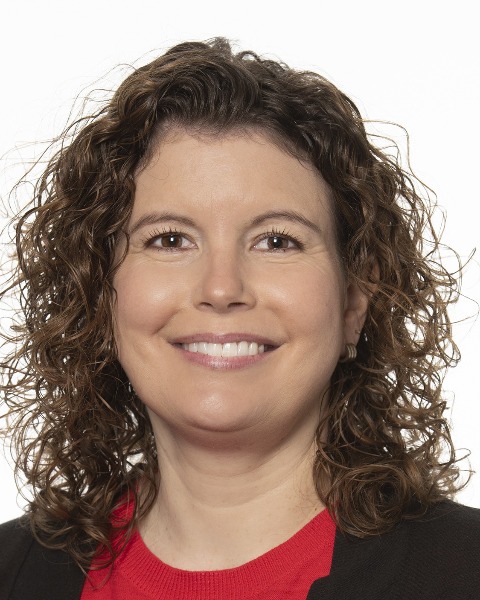Community engagement
Equity and justice in genetics
Precision Medicine
Paper Session B4
Minoritized Community Recommendations for Ethical Conduct of Social Epigenomic Research
Monday, June 10, 2024
1:30 PM – 3:00 PM ET
Location: Hub 1

Courtney Berrios, MSc, ScM, CGC (she/her/hers)
Senior Genetic Counselor
Children's Mercy Kansas City
Kansas City, Missouri, United States
Speaker(s)
Social epigenomics research (SER) linking experiences to epigenomic modifications, and ultimately health, holds potential for targeted therapies and addressing social determinants of health. Yet SER also holds potential to stigmatize populations by linking social experiences to biological change. Risks for community harms are elevated in minoritized populations already facing discrimination. This study explored perceived benefits, risks, and desired protections for SER through 7 focus groups with 54 Black community members conducted by a team of researchers and community advisors. Focus group participants saw potential benefits of SER to raise awareness of factors contributing to disease, identify disease processes and therapies, and guide prevention. They also noted potential community harms in over-generalization of findings to populations, discrimination based on findings, and use of data in ways not consented. Participants felt harms were likely and potential benefits would come last to minority populations. To maximize benefits and minimize harms, participants requested researchers recognize the variety of factors that contribute to health outcomes for communities and individuals, and to reflect this in research dissemination. They urged trust building through transparency, acknowledging and addressing past injustices, collaborating with the community within and outside research, and sharing resources and findings with research participants and communities. Participants also requested that researchers have systems to check for biases in study teams and processes and appreciate ways they and others might misinterpret data. These community recommendations can guide ethical conduct of SER in ways that increase the likelihood of benefits and reduce harms to minoritized communities.
Authors: Courtney Berrios, Children's Mercy Kansas City; Tammy Basey, Children's Mercy Kansas City; Stacey Daniels-Young, Community Advisor; Daysha Lewis, Community Advisor; Andrea Bradley-Ewing, Children's Mercy Kansas City; Mary Moffatt, Children's Mercy Kansas City; Tomi Pastinen, Children's Mercy Kansas City; Elin Grundberg, Children's Mercy Kansas City
Authors: Courtney Berrios, Children's Mercy Kansas City; Tammy Basey, Children's Mercy Kansas City; Stacey Daniels-Young, Community Advisor; Daysha Lewis, Community Advisor; Andrea Bradley-Ewing, Children's Mercy Kansas City; Mary Moffatt, Children's Mercy Kansas City; Tomi Pastinen, Children's Mercy Kansas City; Elin Grundberg, Children's Mercy Kansas City